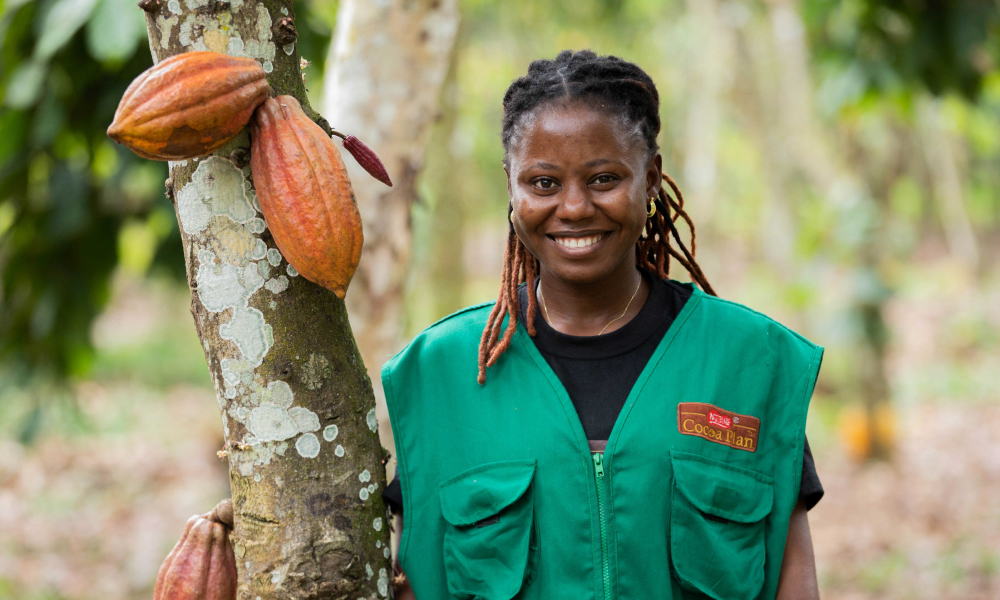Nestlé’s KitKat, Quality Street, Aero, After Eight, Yorkie, Rolo and Munchies, are now using cocoa ingredients guaranteed to have been sourced from cocoa farming families that are part of Nestlé’s Income Accelerator Programme.
Building on the work of Nestlé’s Cocoa Plan, the Income Accelerator programme was created in January 2022 to help close the living income gap of cocoa-farming families and reduce child labour risk. After a successful test with 10,000 cocoa farming families, 2024 marks the first year of a ‘scale up phase’, with 30,000 families now enrolled in the programme across Côte d’Ivoire and Ghana.
By 2030, the programme aims to reach an estimated 160,000 cocoa-farming families in Nestlé’s cocoa supply chain to create impact at scale.
The programme incentivises and supports cocoa-farming families to enrol their children in school, implement good agricultural practices, engage in agroforestry activities, and diversify their incomes.*
Nestlé has collaborated with a number of expert partners and suppliers to transform its global cocoa sourcing and achieve full traceability and physical segregation of the cocoa sourced from its income accelerator programme. This means Nestlé is able to track the entire journey of cocoa beans from groups of farms to factory, while keeping them physically separated from other cocoa sources.
The cocoa ingredients from the income accelerator programme adhere to one of the highest traceability standards, ensuring “mixed identity preserved” traceability, enabling cocoa to be traced and stored separately.
Nestlé’s York site uses 12,000 tonnes of cocoa ingredients every year to produce chocolate for a range of brands including KitKat, Quality Street, Aero, After Eight, Yorkie, Rolo and Munchies.
Today’s news means that in Ireland, KitKat will feature on pack information where consumers can scan the QR code to learn more about how the programme works to benefit the livelihoods of cocoa farming families and their communities.
Mark Davies, Managing Director, Nestlé Confectionery UK and Ireland said: “Announcing that the chocolate for a range of brands for the Irish market emanating from our York factory is now produced using cocoa ingredients sourced through the Income Accelerator Programme is a very significant milestone for Nestlé.
“Sourcing cocoa with this level of traceability, at the scale that Nestlé operates, is no mean feat. It has taken a lot of hard work by many people, but we know that there is still more to be done.
“We will continue to push to make a positive impact on the lives of farmers and their communities and contribute to a more sustainable cocoa industry,” added Davies.
One partner which has played a significant role in the implementation of the Income Accelerator Programme, is the non-profit organisation, Rainforest Alliance. The Rainforest Alliance cocoa certification programme is the world’s largest scale initiative to drive more sustainable cocoa farming and all of the cocoa sourced for Nestlé UK&I continues to be Rainforest Alliance certified.
Thierry Touchais, Manager, Strategic Accounts Manager at the Rainforest Alliance, said of the initiative: “We’re delighted to collaborate with Nestlé on their journey towards sustainable cocoa sourcing.
“It’s encouraging to find a company of this scale using a ‘mixed identity preserved’ model in which cocoa can be traced back to Rainforest-Alliance-certified farmers engaged in Nestlé’s income accelerator. The approach showcases the potential for positive change in the industry.”
All of the cocoa Nestlé has sourced for chocolate in the UK & Ireland has been certified since 2015 as part of the Nescafé Cocoa Plan. Throughout 2024, Nestlé plans to use segregated cocoa butter for all of its KitKat chocolate in 29 countries in Europe, with plans to expand to other regions in the coming years.

